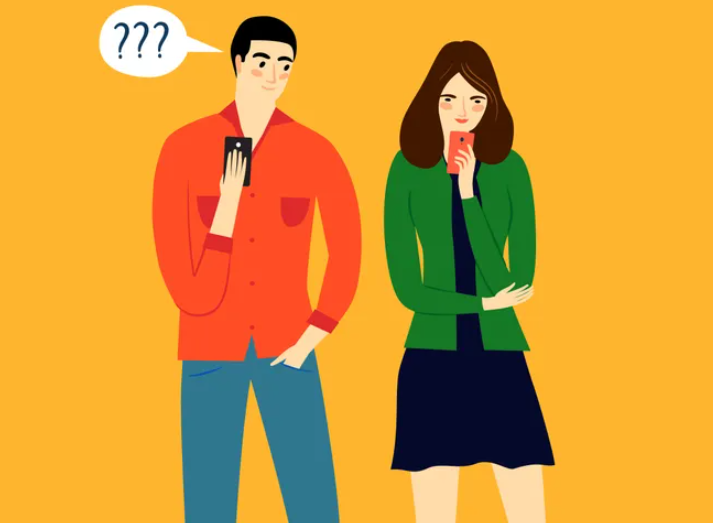Indian Women On Ghosting: How It Impacts Mental Health And Why They Do It Too
Huffington Post | It was nearly six months before 35-year-old Surabhi met the man she had been chatting with. Seven years older than him, she was excited yet skeptical about their relationship. “I had been disappointed in love before and so I made sure we spoke to each other for a few months before meeting. It made me feel a little more certain of the man’s interest in me,” she says.
Their meeting went better than expected as he turned out to be affectionate and sensitive. They continued texting and calling each other, and met whenever they could manage to be in the same city.
“Then one night he told me he saw me as the future mother of his kids. I didn’t know how to respond, but I realised he truly loved me and wanted to be with me,” says Surabhi.
It had to be true love, right? Why else would a man say something this momentous to his love interest? However, Surabhi was in for a rude shock, when the love of her life suddenly pulled a disappearing act on her. Texts went unread, calls went unreturned. He was always busy at work or travelling. Slowly, after months of soul searching, Surabhi realised she had been ghosted.
Sahely Gangopadhyay, a clinical psychologist and psychotherapist from Kolkata, says ‘ghosting’ is on the rise as social media connections make it easier for people to replace relationships and love interests. “Yes, there may be attraction or even love right now. But when the interest dies down, people simply move on. And that’s the bitter truth,” she says.
We spoke to a bunch of women and therapists to find out how ghosting affects mental health.
